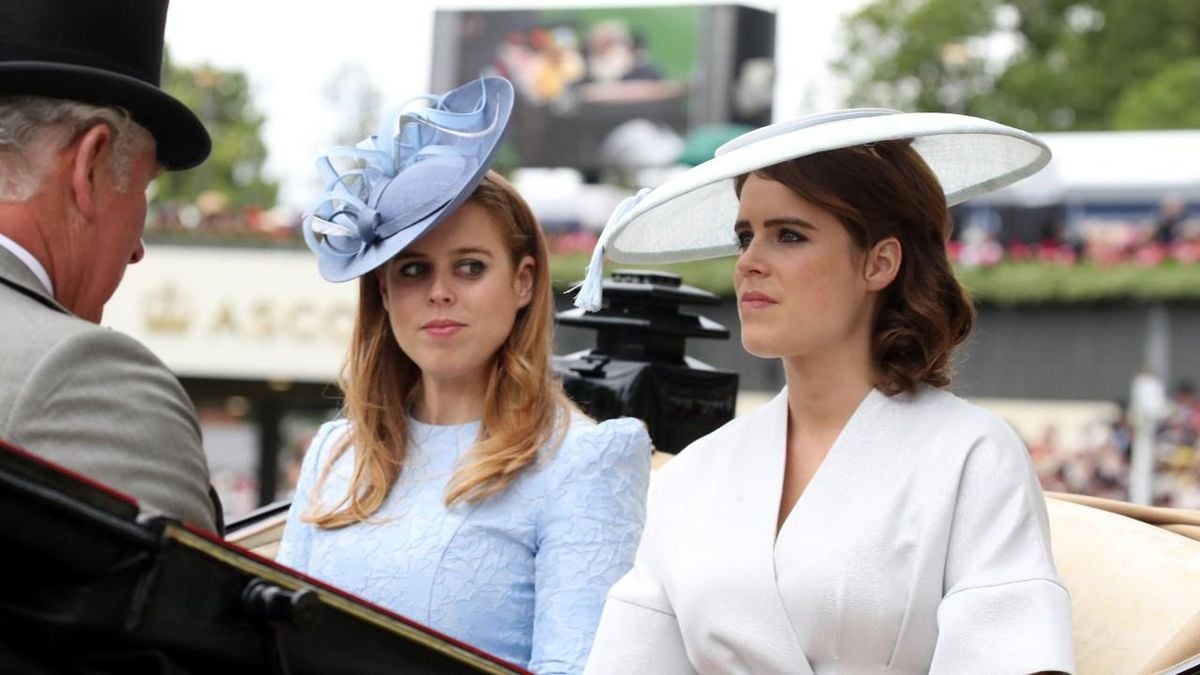Princess Eugenie and her sister, Princess Beatrice, are currently grappling with what has been described as an “impossible problem” as they face the fallout from the “toxicity” surrounding their family, particularly due to their father’s controversial past. According to royal commentator Richard Fitzwilliams, the Princesses of York are not expected to take on more royal duties, primarily because of the negative public perception linked to Prince Andrew, their father.
Beatrice, 36, and Eugenie, 34, daughters of Prince Andrew and Sarah Ferguson, have mostly forged independent paths, leading careers outside of their royal obligations. Despite their non-working status within the Royal Family, they still make occasional appearances at royal events on behalf of the King, which has sparked speculation about potential increased involvement with the monarchy.
Fitzwilliams elaborated on the sisters’ unique challenge, stating, “The sisters occasionally do royal duties or attend events. I can’t see them doing more, but it could change.” He emphasized the significant issue posed by their father’s trouble-laden reputation, remarking, “The problem is the York brand has a toxic theme. It’s impossible for them to distance themselves from him, and this presents challenges from both personal and public relations perspectives. The royals must be mindful of the consequences involved with any association with the Yorks.”
Conversing with The Sun, royal expert Katie Nicholl expressed differing views on the sisters’ potential roles within the royal framework. She noted, “When you look at Princesses Beatrice and Eugenie, they’ve been very much encouraged to go and live independent lives of the Royal Family, to earn their own living.” This statement underscored the King’s intent to slim down the monarchy, though circumstances within the royal family might prompt reanalysis of this plan.
Yet Fitzwilliams remains skeptical about the realization of heightened responsibilities for the sisters, reiteratively citing the negative branding associated with Prince Andrew. “I don’t see their work increasing. If Andrew were still a working royal, then I would have thought Beatrice and Eugenie could have done more,” stated Fitzwilliams, reiteratively emphasizing the parallels between public opinion and royal duties.
Amidst these discussions, Princess Eugenie has hinted at stepping back from her royal affiliations. Royal commentator Reilly Sullivan has noted her apparent desire to seek more privacy. He described her current state, saying, “I think Eugenie’s at a place in her life where she’s a mum of two, she’s happily married and I don’t think she’s interested in the circus of royal life.” This reveals insights not only about Eugenie’s priorities but also the prevailing tensions within the royal family structure and duties.
The scene is set for contemplation as both Eugenie and Beatrice navigate their identities away from the conventional royal spotlight. The added complexity of their father’s controversial past looms large over their public appearances and any potential engagements as working royals.
Future announcements concerning their roles could significantly shape how the public perceives the sisters and the broader royal family itself. There remains uncertainty as royal experts continue to weigh their potential as representatives of the monarchy against the backdrop of Prince Andrew’s troubled history and King Charles’ policies.
Certainly, the complications surrounding their family dynamics and media coverage suggest they will need to tread carefully as they define their paths moving forward, balancing personal desires with their identities as members of the Royal Family.
